Most ethnic minorities in mountainous and highland areas often follow matriarchy, taking their mother's surname. Women in ethnic families in Quang Nam also play a very important role...
However, the Co Tu people in the central Truong Son range, mainly in the districts of Nam Giang, Tay Giang and Phuoc Son in Quang Nam province, all follow the patrilineal system, taking their father's surname.
According to Co Tu cultural researcher - Mr. Bh'riu Liec, former Chairman and Secretary of Tay Giang District, Quang Nam, the Co Tu people have 30 clans. The name of each clan has its own meaning, named after animals, precious woods, or a traditionaleducational story... This is the difference, an important characteristic of the Co Tu clans.
According to Mr. Bh'riu Liec, in terms of family culture, the Co Tu people follow patriarchy, children take their father's surname, and the wife moves to her husband's house.
In the past, marriage was a "trading" of daughters. Therefore, the husband's role in the family was greater than that of the wife, and the wife was dependent on her husband and her husband's family. The underlying cause was the custom of the husband "buying" his wife. Nowadays, the "trading" of daughters no longer exists. Boys and girls fall in love and when the family agrees, they register with the government and then get married. Husbands and wives live equally and happily, with little domestic violence such as beating their wives and children, and divorce is rare.
For all matters big and small in the family, the husband and wife discuss and agree first, then invite the clan to listen and give their opinions. When the clan agrees, they bring wine and food to invite the village elder to report specifically on the matter that has been resolved, whether the family is happy or sad. The village elder is responsible for inviting the Council of Village Elders to listen and discuss, making the final decision for the family to take care of or for the village to help organize.
The Co Tu teach their children to be gentle, discreet and not to beat them, but with great effectiveness. Children often obey their grandparents and parents, respect their elders, and rarely violate customary laws. When they see something lost on the street, they do not pick it up. When they go to the forest or to a river or stream, they see animals caught in traps or fish caught in nets... belonging to others, they mark it and keep it for them and go home to inform the owner to come and claim it.
When entering a house when the owner is absent or going to the field when hungry and seeing something edible, even though the owner is not there, one must "ask" for it by making a sign so that the owner knows that someone has come and taken it. Doing so, the owner will be very happy and will not blame them. If one does not know these small conventions, even though taking things that do not increase in value, one will sometimes be severely punished, because the Co Tu people hate thieves, robbers, and snatchers...
Source: https://dantoctongiao.laodong.vn/van-hoa-kien-truc/nguoi-thieu-so-co-tu-o-quang-nam-theo-phu-he-hay-mau-he-1366967.html


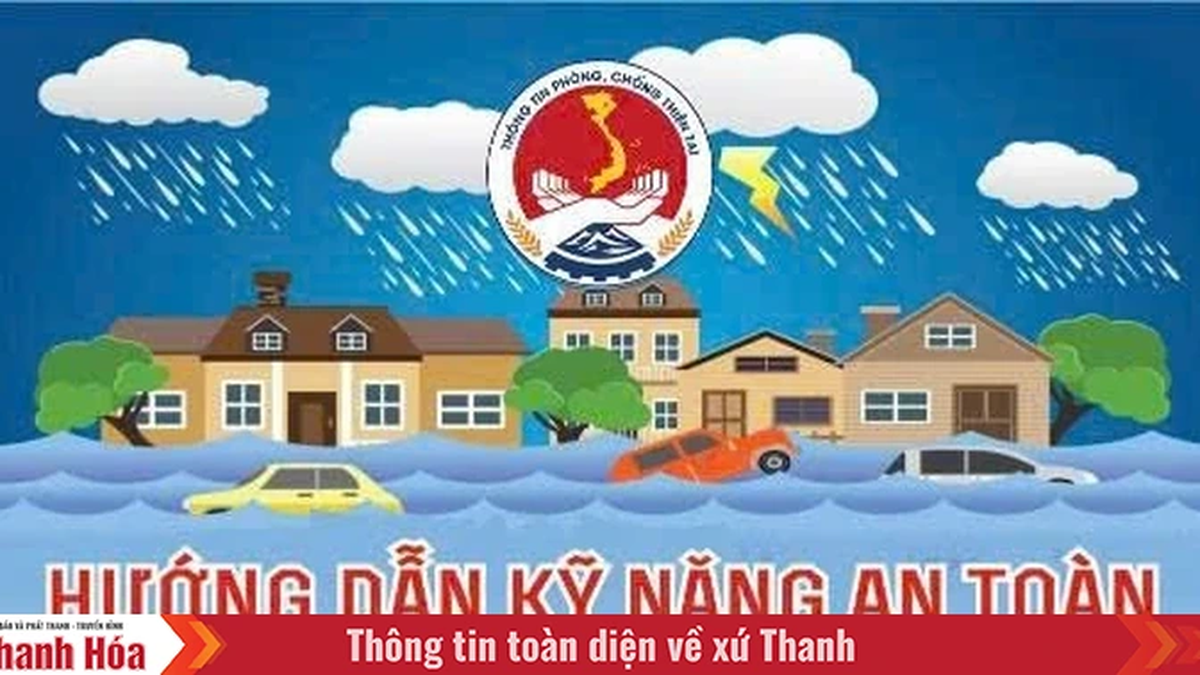



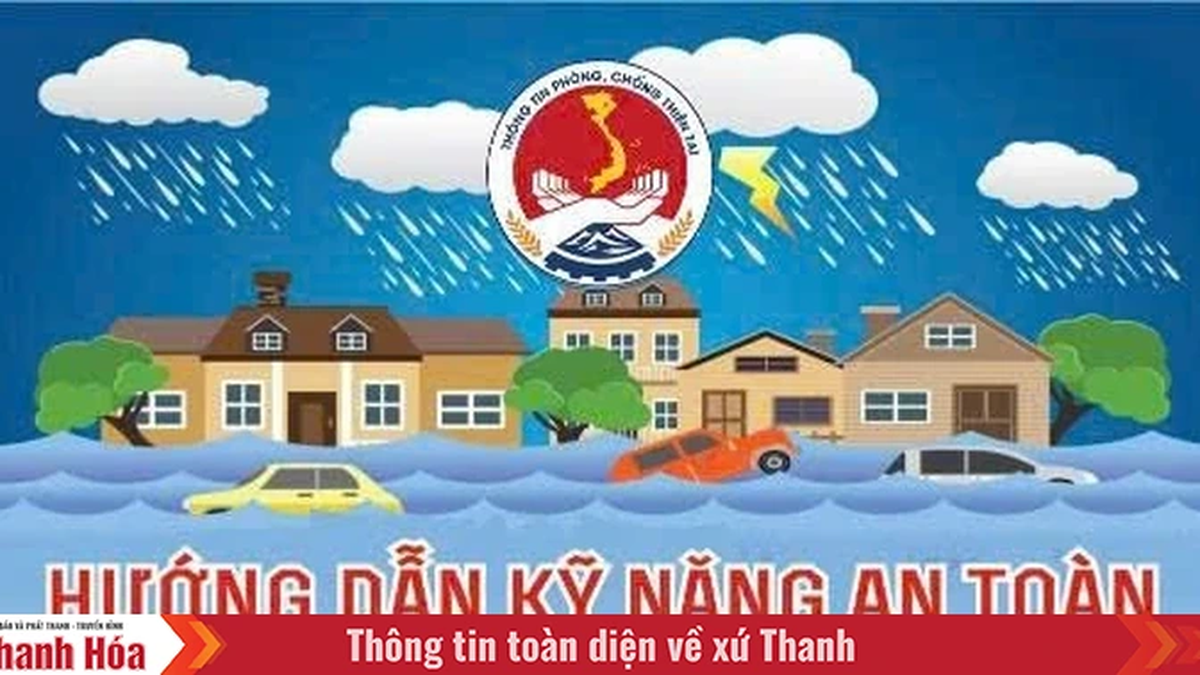
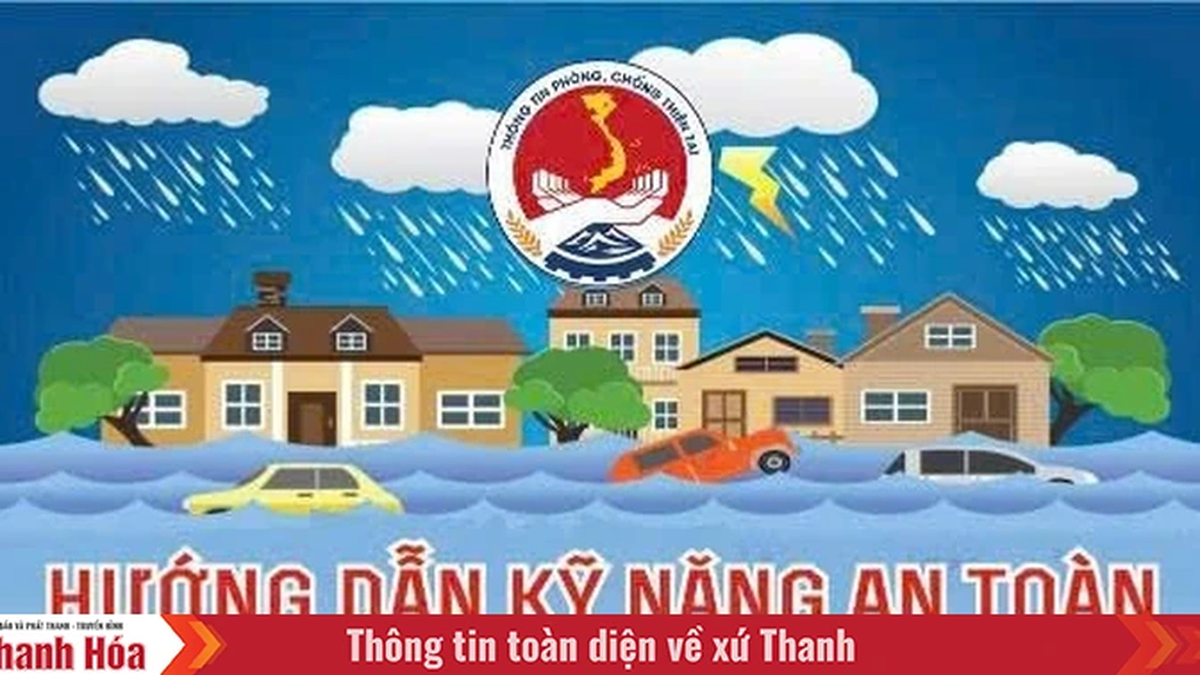
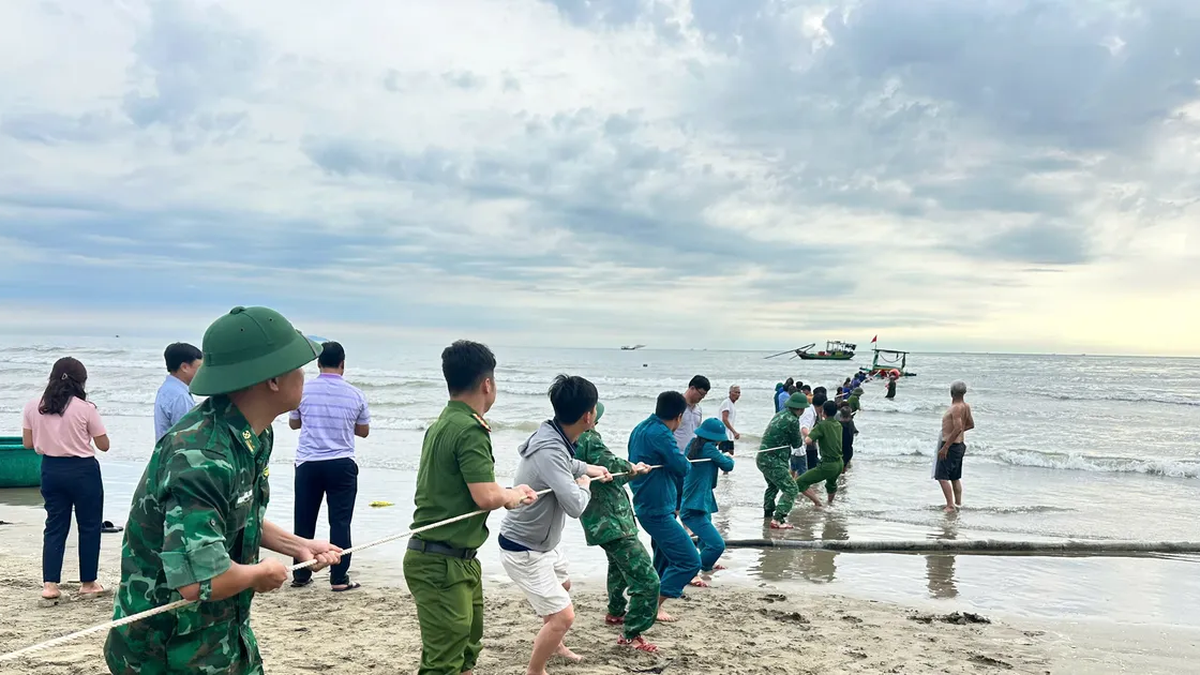


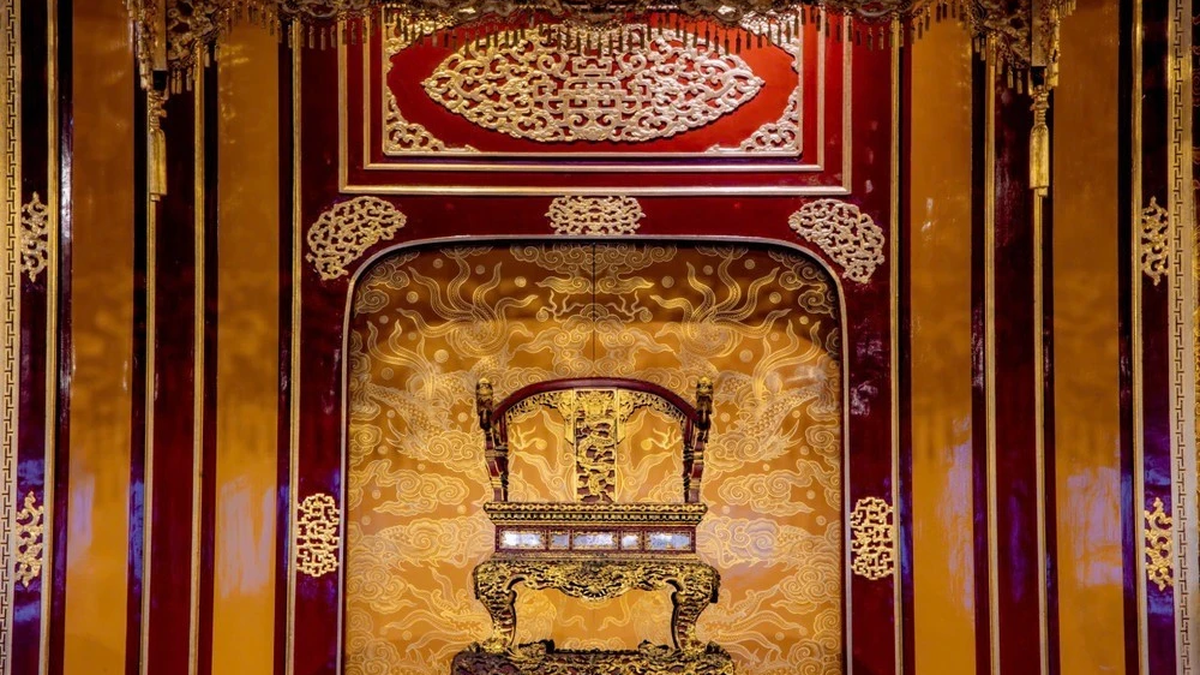












![[Photo] National Assembly Chairman Tran Thanh Man visits Vietnamese Heroic Mother Ta Thi Tran](https://vphoto.vietnam.vn/thumb/1200x675/vietnam/resource/IMAGE/2025/7/20/765c0bd057dd44ad83ab89fe0255b783)











































































Comment (0)